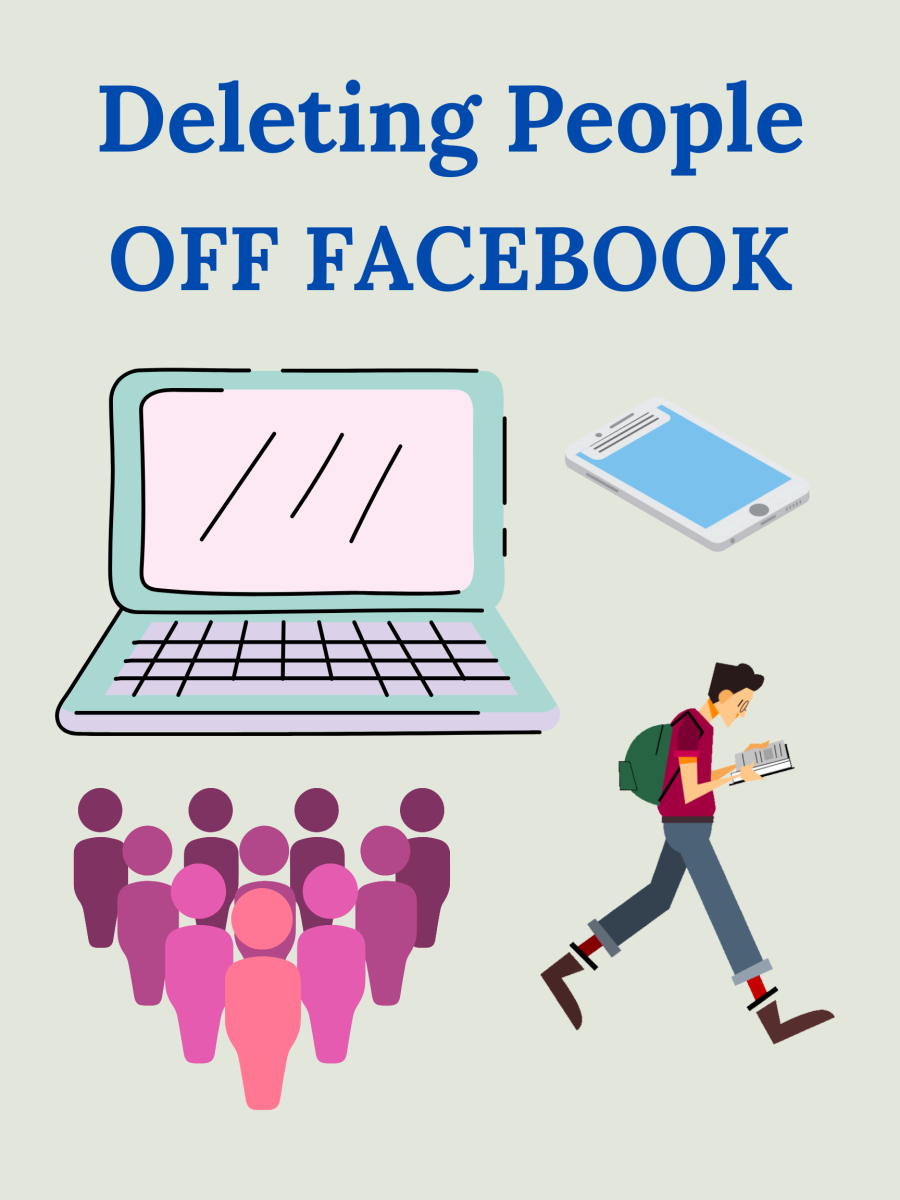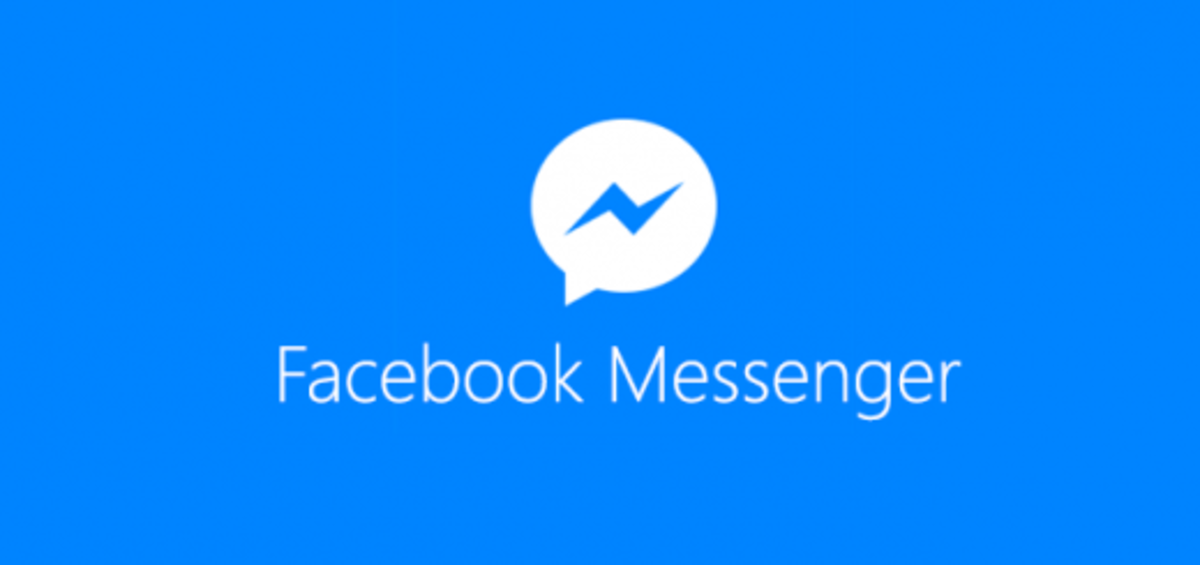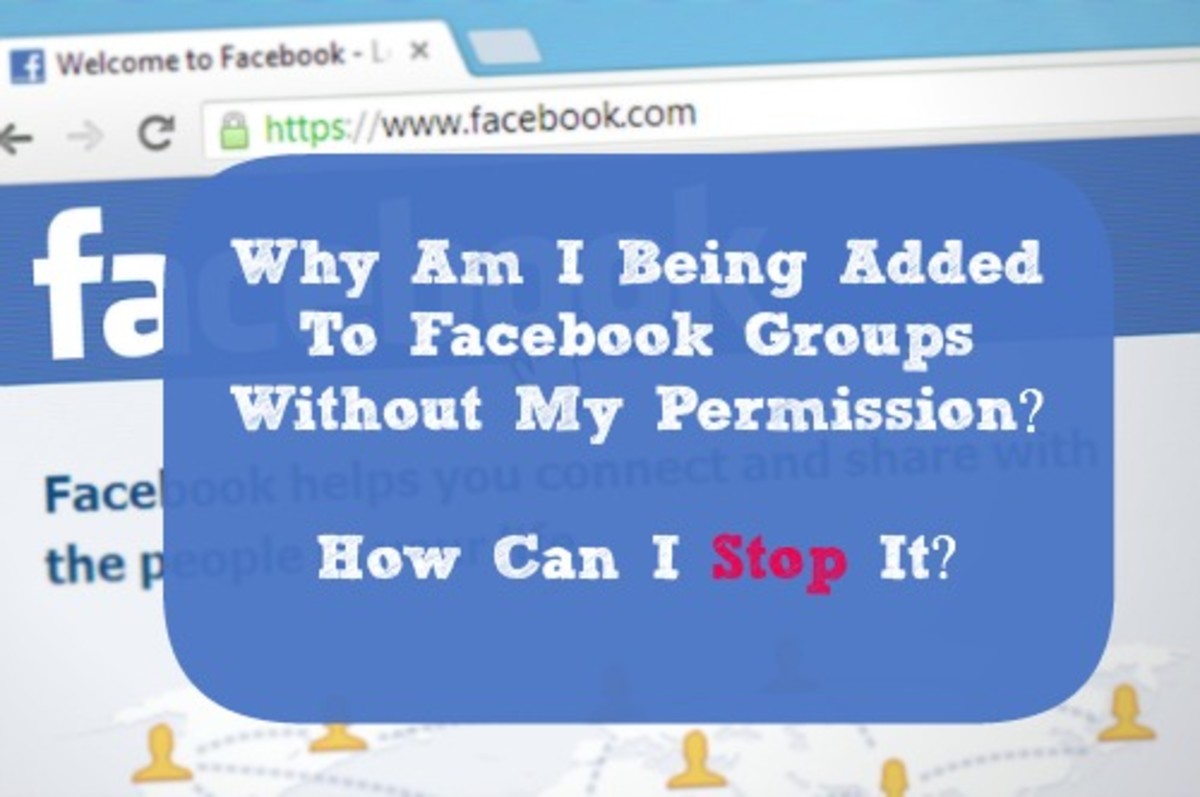- HubPages»
- Technology»
- Internet & the Web»
- Social Networking
Facebook Why Afraid
Facebook Social Media Website article as cause of Depression
It may seem strange to suggest a social networking site such as Facebook may in fact be leading to signs of depression amongst teenagers from all parts of the world. The increase in the "image" of perfection (often digitally enhanced by Photoshop and the rise of "Selfie") has led many teenagers to feel ostracized from their society. Continual beauty obsession leads to signs and symptoms of Facebook depression as teens begun to explore the sites full potential while letting the status or friend count become more important than it really is.
Yet a division seems to exist between whether Facebook itself causes the depression or merely represents a condition that’s already present in the teenager life.As more and more children access Facebook it has become increasingly important to understand how this virtual existence can lead to acts of self harm and depression.
Within the April 2011 issue of Paediatrics , published by the American Academy of Paediatrics a new social concern appears to be rearing its ugly head. This beast’s better known as "Facebook Depression”. It exists within today’s teenager population who regularly see the site as a social gathering point akin to the real physical world of teenager hangouts. The warning sign exists yet will teenagers heed the signals? The signs of severe depression appear to manifest in so many forms of social media so learning how to spot the depression symptoms should exist as a key skill for any parent or user of the number one social media network.
Social Media is a cause of many teenagers unhappiness
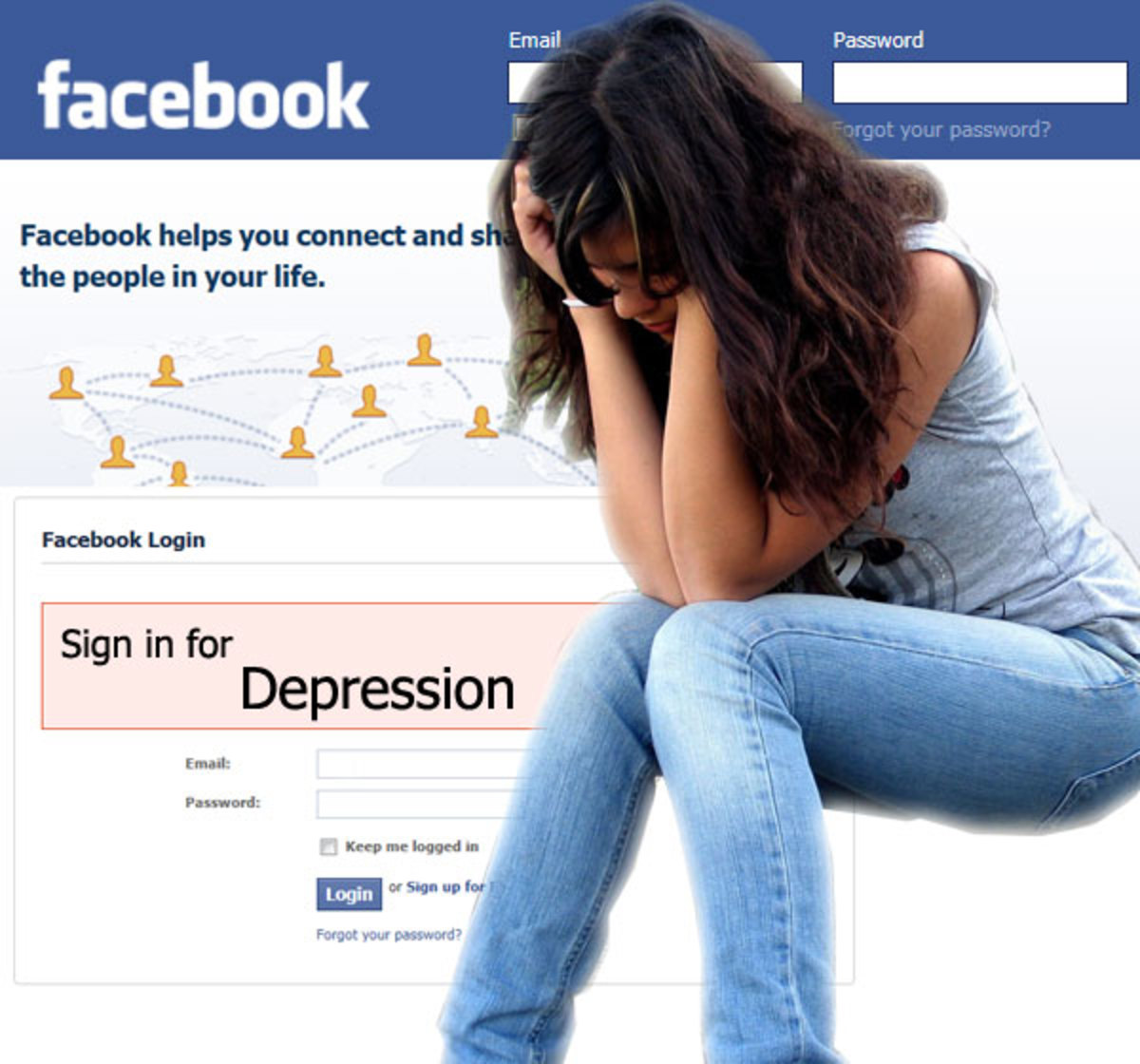
What causes this so called Facebook Depression?
Looking at images of happier people leads to feelings of perceived insignificance in comparison to others. Teenagers who already suffer from existing low self-esteem feel less worthy than their contemporaries on the social media site. What could be worse then discovering nearly everybody you’re connected with on Facebook has hundreds more friends then you do? This attention to the friend count upon Facebook leads to a sense of teenage life angst further fuelling depressive thoughts about their own value in society. This lack of self esteem seems a common occurrence in an increasingly divided and secular society.
Facebook profile - Is it True Happiness?
Looking at apparently happier people sharing fun times with friends and their families can lead those in a less stable position to somehow feel left out. This Facebook depression resides in the fact that Facebook creates a uniformity of an almost socialist equality. Facebook users are defined by their social network, yet any chance of a social group division or sub-group (such as the now non-existent Yahoo Groups) seems to have less impact on Facebook. Groups are non-effectual in Facebook everybody seems the same. So how do people measure success on Facebook? Is it fair to say that Facebook offers a self-styled image of narcissistic pleasure?
Facebook can lead to depression amongst Teenagers

The value of Facebook metrics as an indicator of true status
Understanding the metrics of status updates exists as a cause to initiate a bout of Facebook depression amongst the teenage section of society. This metric based consideration of popularity seems at once to focus on the idea that quantity overrides quality?
The typical teenage life conversation:
“How many friends have you got on Facebook?”
“22 and you?”
“1,365 and your not even one of them”
Just as people enjoy boasting about how expensive their trainers are so people enjoy boasting about how many friends they have on Facebook. This remain a negative part of human nature, however it’s not a natural condition. The increasing extent of a status driven consumerist society causes this appeal to the idea of image or brand.
How often do you use Facebook?
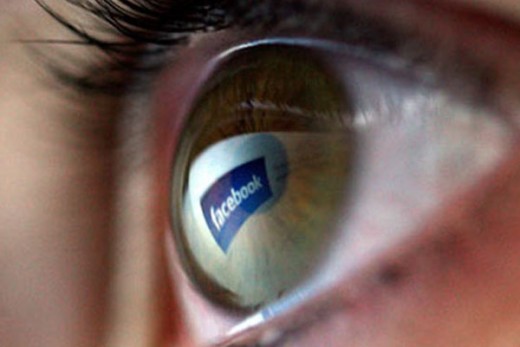
Facebook depression in a virtual world
Facebook depression results from a conditioning amongst teens that social media has replaced, or at least, supersedes conventional social activity. As the world becomes more technological advanced so it also become more isolated, such is the social paradox as it stands today with social interaction through advanced technology and its applications.
How Facebook depression manifests in teenage life
Posting information on a Facebook wall helps influence Facebook depression in the minds of those recipients who interpret the meaning or tone incorrectly. As everybody’s aware, words in both text messages and emails have no human voice or tone attachment. Human communication involves analysing the tone of another’s voice to increase the contextual underlying meaning.
However Facebook as a social media ignores this fundamental aspect of human interpersonal communication. This creates a unique symptom known as the “Lack of Audio Stimuli”. This LAS forces people to adopt an often self-perceived antagonistic tone of voice when they read a text, email, or Facebook wall posting with often disastrous results. Meanings or tones which where never initially present suddenly manifest themselves from the misconstrued silent text in the mind of the reader.
This lack of tone creates depression symptoms in the user. With the signs of depression often appearing unnoticed by friends and family the teenager's led to further depression and suicide desires.
Facebook depression and cyber-bullying
Within Facebook depression this has led to an increased concern of how bullying creeps in to the world’s number one social site. Snide cruel comments often appear in relation to teenagers who’re disliked in school. This spiteful attack leads to further depression as well as loss of self-respect in the teenager.
However it’s also true that Facebook offers a way of connecting with friends and may in fact alleviate feelings of depression by creating an electronic Internet based community. What better way to let off steam then to tell a network of friends about problems a teenager may be experiencing. Yet caution has to prevail as Facebook wall postings or status updates remain visible to all friends, and friends-of-friends. It would seem this suggestion of Facebook as an active form of social interaction ignores the findings of the American Academy of Paediatrics who have suggested Facebook depression occurs within the teenage population on a regular occurrence
How to identify Facebook Depression
- Obsession with the need to use Facebook before any other activity also this obsession leads to constant talking about the importance of their social network
- Social isolation through using the social site more than engaging in the physical real world and associated activities. Be aware of how much time your children are using Social Media. Look for changes in behavior, especially lack of interest in the real world
- Poorer academic results as Facebook exerts its influence above educational efforts. Falling grades are indicative of external pressures.
- Physical and heath decline as excessive Facebook addiction forms depressive habits.
- Mood changes or swings which seem to have no real basis.
The changing world of the teenage population
Children today engage in various forms of electronic activity in contrast to children 20 years ago. This creates a gateway that channels depressive thoughts and their associated studies into the electronic sphere. Depression then will become linked to this increasing necessary, yet distracting form of interaction. Social Media has changed the way we live.
Social media has no true connection with real people. Instead it creates an introverted relationship with a computer screen, an array of pixels in various forms, and the nagging doubts of an internal psyche. A real friendship between people exists in the physical world only. Yet teenagers seem destined to continue to explore the depths of Facebook depression with unrelenting seed.
Have you ever felt unhappy when using Facebook?
Other Social Media and Facebook Links
- The Negative Impact of Social Media Facebook and Twitter on Your Relationships
Learn how Social Media such as Twitter and Facebook impacts our day-to-day lives and can result in dangerous negative effects. Discover the warning signs and what you should not post online. - How to Clean and Tidy Your Facebook Profile Including Older Posts
Cleaning your Facebook profile enables your social media sites and Facebook friends to interact in a more liberal effective way. Easy tips on how to clean your Facebook Page remains the ideal way of streamlining your social talk. Social sites often n



